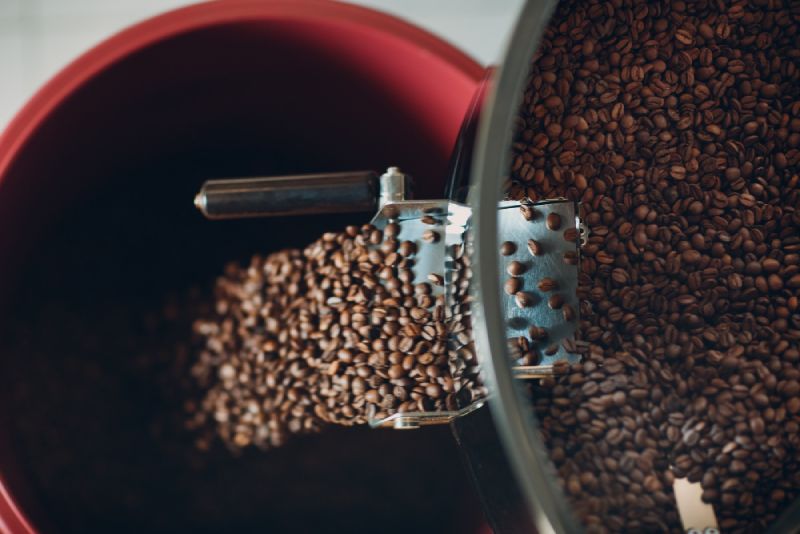Determining whether coffee is over roasted can be a matter of personal preference, but there are some key indicators that suggest a batch of beans has been pushed beyond its optimal roast level.
Appearance of Over Roasted Coffee Beans
One of the first signs of over roasting is the appearance of the coffee beans. When beans are over roasted, they tend to become very dark, oily, and shiny. Here are some characteristics to look for:
- Dark colour: Over roasted beans have a deep, dark brown or nearly black colour, often resembling charcoal.
- Oily surface: The surface of over roasted beans will be slick and shiny, as the oils have been forced out of the bean due to excessive heat.
- Uneven appearance: In some cases, over roasted beans may be cracked or have an uneven, pitted appearance.
Aroma of Over Roasted Coffee Beans
The aroma of coffee beans can also provide clues about their roast level. Over roasted beans often have a distinct smell that differs from properly roasted beans:
- Burnt or smoky: Over roasted beans will often have a burnt or smoky aroma, similar to the smell of charred wood or burnt toast.
- Lack of complexity: The aroma of over roasted beans may lack the nuanced, complex scent that properly roasted beans possess.
Taste of Over Roasted Coffee
The most telling sign of over roasting is the taste of the brewed coffee. Over roasted coffee often has a bitter, harsh, or burnt flavour that can overpower the coffee’s natural flavours and characteristics.
“Over roasting can strip coffee beans of their unique flavours and characteristics, leaving a bitter and burnt taste in the final cup.”
Impact on Brewing Process and Coffee Quality
Over roasting can also have a negative impact on the brewing process and the overall quality of the coffee. Some issues that may arise include:
- Decreased solubility: Over roasted beans are less soluble in water, which can lead to under-extracted coffee and a weaker, thinner taste.
- Reduced freshness: The oils on the surface of over roasted beans can go rancid more quickly, resulting in stale-tasting coffee.
- Limited brewing options: Over roasted beans may not be suitable for certain brewing methods, such as espresso or pour-over, as they can produce bitter or burnt flavours.
Conclusion
Knowing when coffee is over roasted is crucial for ensuring the best possible flavour and overall coffee experience. By paying attention to the appearance, aroma, and taste of the beans, as well as understanding the impact over roasting has on the brewing process and coffee quality, you can avoid the pitfalls of over roasting and enjoy a delicious, well-balanced cup of coffee.



